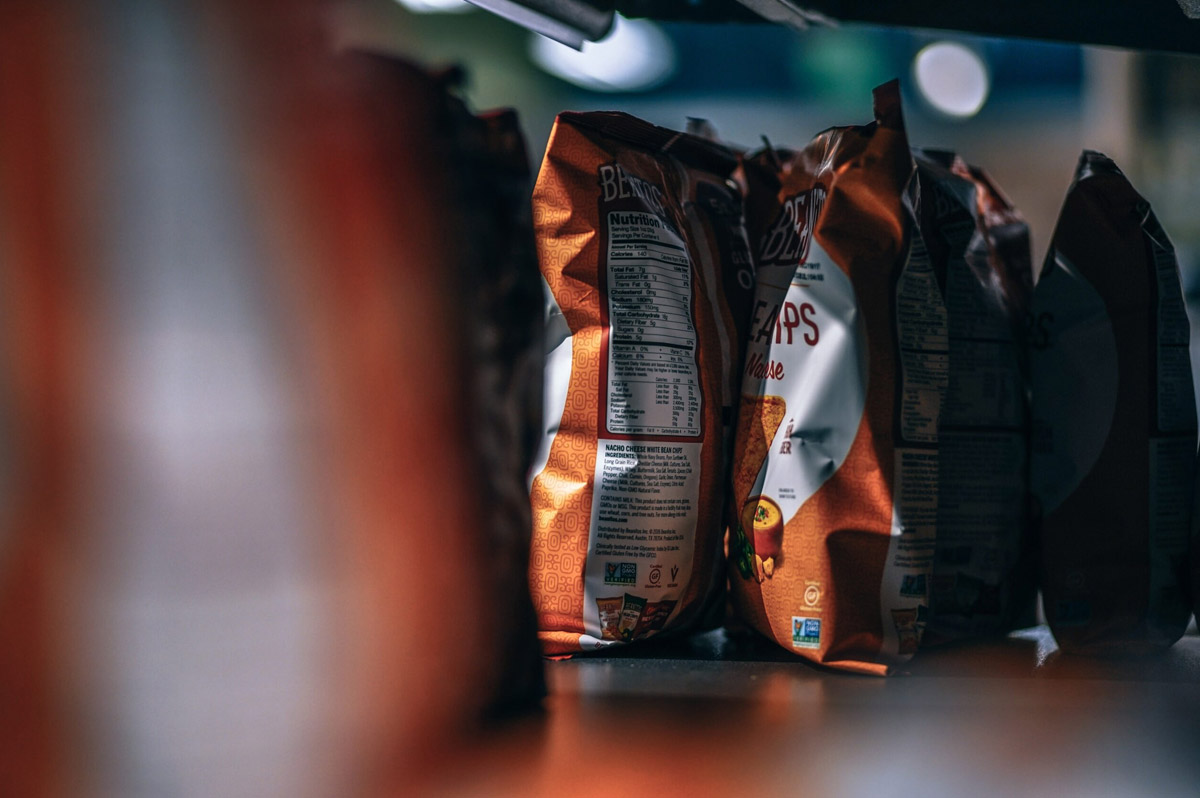Wednesday, May 23, 2018–This month, the American Chemistry Council, representing the plastic producers most responsible for the plastic pollution crisis–Dow, Chevron Phillips Chemical Company LP, ExxonMobil Chemical Company, Procter & Gamble, Chemicals Division, among others– has pledged to recycle or “recover” 100% of plastic packaging by 2040.
First and foremost, we cannot wait until 2040. The plastic pollution crisis is exploding at an alarming rate, and we need to take urgent measures now to significantly reduce plastic production, not just increase recycling.
The ACC’s commitment seems next to impossible given the out-of-control expansion of petrochemical infrastructure in the United States, with 264 facilities planned for a plastic production increase of 40% in the next decade. To date, only 9% of all plastics ever made have been recycled, the rest continues to pollute our land and water. If the ACC has any chance of achieving these goals, plastic production must rapidly decrease, not the opposite.
The use of the word “recovery” in the ACC’s pledge is code for incineration of plastic. The ACC has been pushing dangerous techno-fixes like pyrolysis or “plastic-to-fuel,” an expensive and inefficient process resulting in toxic ash and fossil fuel oil that releases greenhouse gas emissions when burned. Plastic pyrolysis and other forms of incineration cannot possibly absorb the existing and expanding production of plastic, yet it is frequently held up as a way to justify the production of more and more plastic garbage.
“What’s wrong with ACC’s pledge is that it relies on recycling and incineration to justify continuing and increased plastic production. Incineration of any kind is a dangerous techno-fix that causes harmful emissions, and recycling can’t possibly absorb rapidly increasing plastic production,” says Monica Wilson, Policy and Research Coordinator U.S. Associate Director at GAIA. “The only meaningful thing the ACC members can do is to stop making so much plastic.”
Contact:
Claire Arkin, Campaign and Communications Associate, claire@no-burn.org,
Written by Claire Arkin. Article originally appeared at https://www.asyousow.org/blog/2018/5/10/resin-industry-takes-first-tentative-step-to-deal-with-plastic-pollution.




